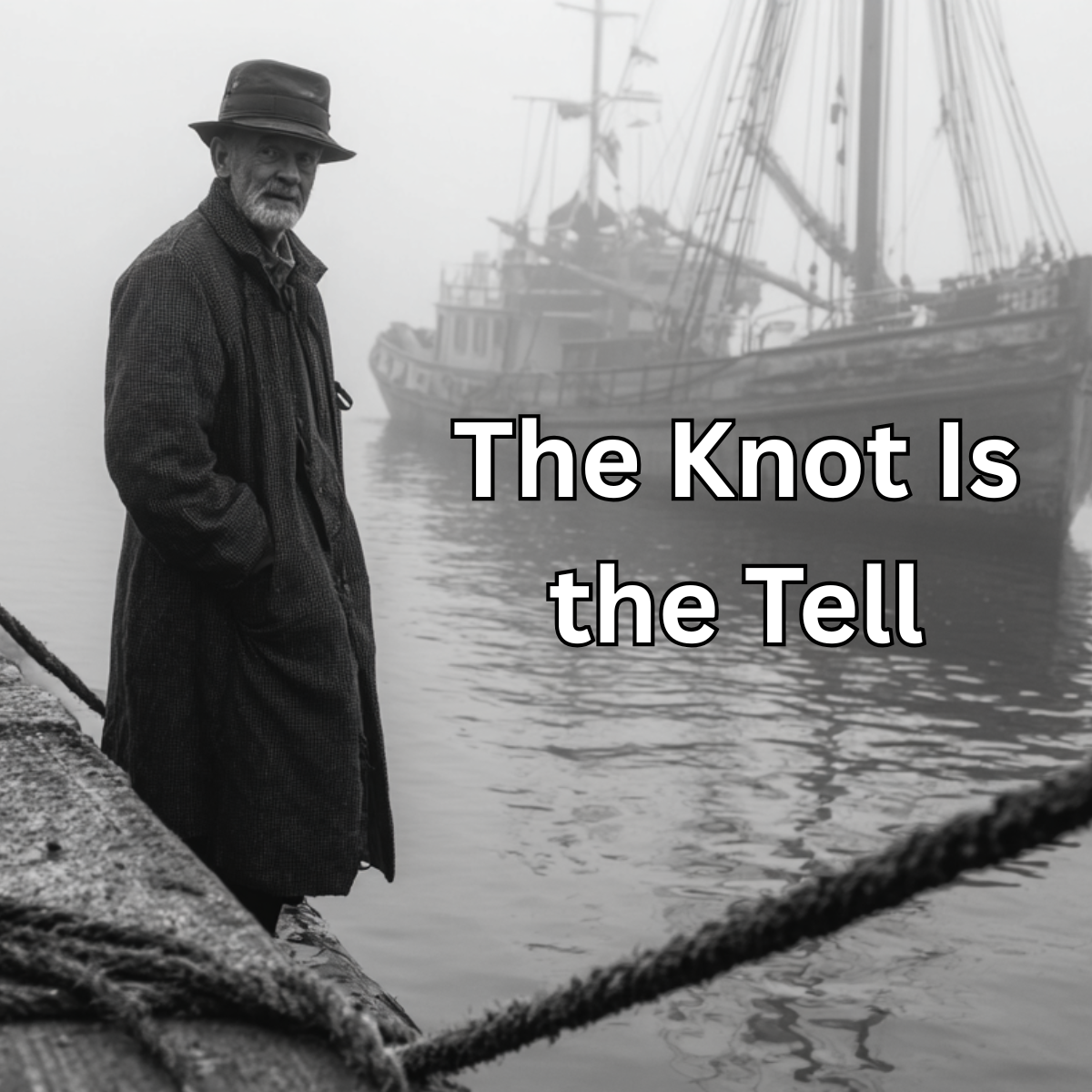Immanuel Kant wrote a few treatise on morality. He attempted, and I think he succeeded in creating a solid logical foundation for morality in modern society. I am almost reticent to write about this in today’s climate. Everything seems under attack by what feels like an invisible entity. Of course, Kant was no stranger to attack. He has been criticized both during his day and definitely for years since. His writings served as a tremendous influence to what is now called, “western thought.” I am not going to defend all of his thinking, but there are certainly some gems in his metaphysical arguments about who you are and what you should be.
In this time of upheaval, when the news is very tough to watch, I have been spending some time reading from some of the most influential writers that populate my bookshelf. Now before you accuse me of being a western thought bigot that has grown up in the Judaeo christian pedagogy, I would like to point out that my favorites do indeed span the globe. However, admittedly, I do believe a lot of really cool thought came out of Europe as the dark ages came to light. Kant is no exception to that.
We would be well off to remember his most famous of concepts, that of the categorical imperative. Call it the basic law of morality if you will. Seems like, in our current society, we would all benefit from this reminder. Kant formulated two basic principles in his one law of morality. Something that you should not do, and something that you should do. It has to do with your actions, which was very much part of the whole discussion with Kant. Actions, and how you represented yourself were the key consideration.
First, you should never act in a way that you would not that act to become a universal law for all others in the human family to follow as well. He called this the universal law, or the consistency concept. Is what you are doing right now, something that you would prescribe for all the human family? No? Then you should not be performing the act. You can look at this conversely. You should only perform actions that you feel would be good for the entire human family to accept as universal law.
Second, is the concept of respect. You should absolutely treat other people as having their own individual value. You should not treat other people simply as a means to an end. Just because you can get away with taking advantage of another for your own benefit, does not mean that you should.
Here are the two quotes of relevance from his writings:
“Act only according to the maxim whereby you can, at the same time, will that it should become a universal law.”
“Act so that you treat humanity, whether in your own person or in that of another, always as an end and never as a means only.”
This serves as the foundation of what most people call ethics. Now that is under attack these days, but most of us when we use the phrase, ethical are referring to the categorical imperative. That is how much influence Kant has had on modern thought. I do not think this is by accident, I think it is because it is true. Hard to defeat the truth, no matter what outfit it comes dressed in. People attribute the golden rule to Jesus, and he certainly had some teachings in this vein, but it actually comes from an ancient Chinese teaching and who knows where they got it from.
For us to exist as humans, in a productive society, we have to follow a certain imperative. I think Kant offered the best that I have ever read.
Guy Reams



